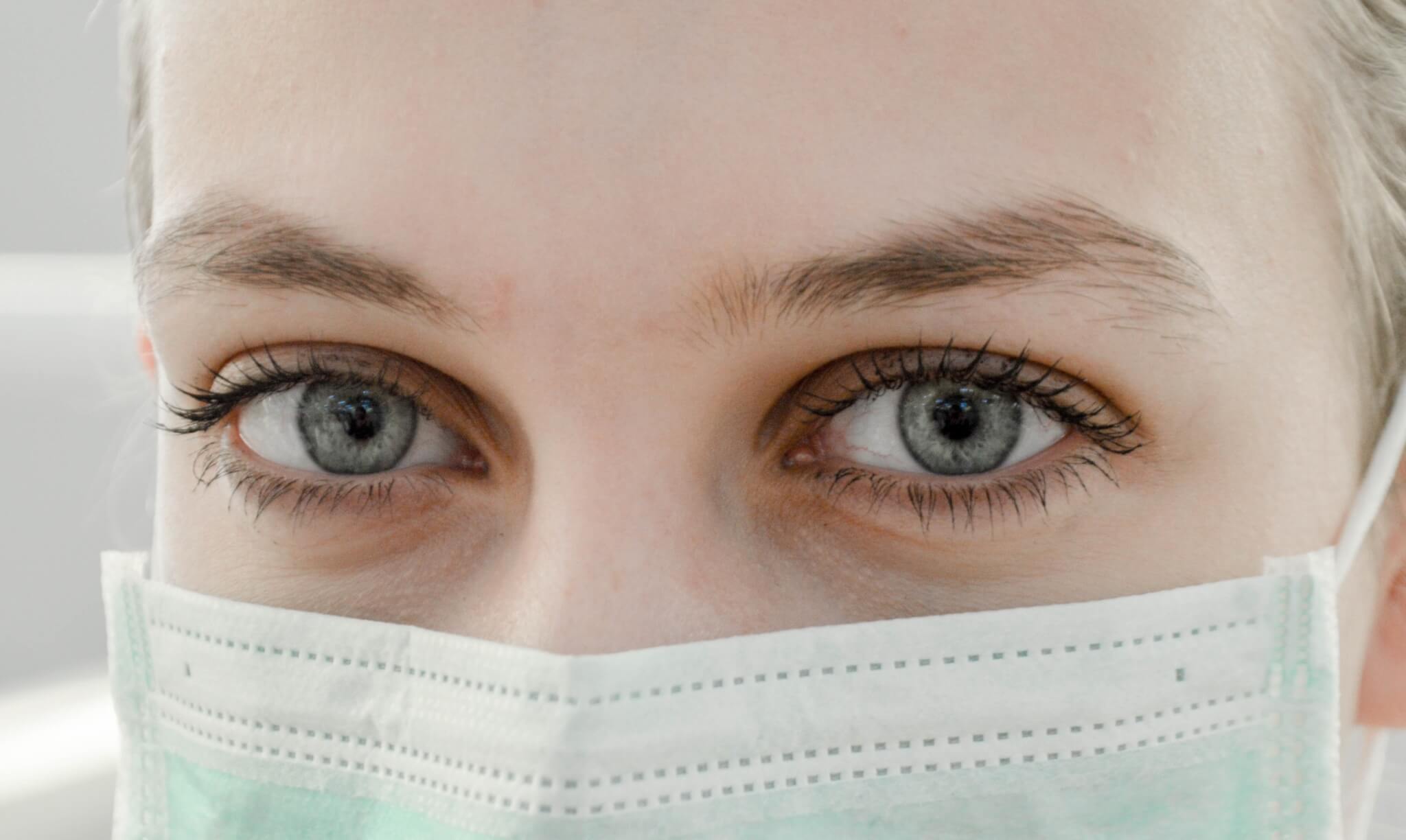
After you match with Intended Parents you will go to your medical screening to make sure you’re healthy enough to carry another pregnancy. You will be required to travel to the IVF clinic in person for the medical screening, regardless of the clinic’s location. If you are not local to the clinic, your travel will be arranged by your agency. Clinic protocols vary, but your medical screening will consist of:
Consultation
At some point, either by phone before your medical screening appointment or in-person, you will have a consultation with the doctor or nurse practitioner. During this consultation, you will be asked pertinent questions about your medical history and lifestyle.
Bloodwork
Yourself and your partner will both have to have blood drawn and tested, but while your partner’s blood will only be tested for communicable diseases, your own will be tested for many things such as: metabolic function; hormone levels; communicable diseases; CBC; immunities such as hepatitis B and varicella to see whether you’re missing any mandatory vaccines, and more. Blood may be drawn at the IVF itself or at an outside lab.
Urine Drug Screen
Both yourself and your partner (if applicable) will be screened for drugs, alcohol and nicotine. It’s best to inform the agency and the clinic prior to your screening if your partner smokes, so that they are aware beforehand.
Saline Ultrasound (Sonohysterogram)
This is like a regular transvaginal ultrasound except that the doctor will introduce a thin catheter through the cervix and introduce a small amount of saline solution in order to help them visualize the interior of the uterine cavity and check for any abnormalities, such as polyps, fibroids or endometriosis. Some women experience a little cramping or spotting after this procedure, but generally it is not too uncomfortable.
Pap Smear
Your clinic may do a pap smear at medical screening, but other clinics only require that you have one on file within the last 12 months. If you don’t have a very recent pap smear, it may be worth scheduling one as soon as you decide to become a surrogate, to avoid any delays later!
Waivers
If your intended parents were found to be carriers for certain viruses or antibodies (such as Hep B or CMV) during their screening and prior to the embryo creation, you will be asked to sign waivers, either at medical screening or before the embryo transfer procedure. Generally, the risk of transmission of any virus via embryo transfer is negligible. Many surrogates even safely carry babies for HIV+ Intended Parents. To date, there has never been a case of a Surrogate contracting a disease from an embryo. The waivers really just need to be signed to release the clinic from any liability should you contract the same virus in your day-to-day life.
Conclusion
Medical screening results normally take about 1-2 weeks to come back. If all of your lab results are normal, you don’t need any additional vaccines and your ultrasound looked good, you will be medically cleared and will move on to the legal phase!
If you are interested in becoming a Surrogate with GSHC Surrogacy Agency, please complete our Surrogate Intake Form, contact us at [email protected], or call us at (310) 953-0173.
If you are interested in becoming an Intended Parent with GSHC Surrogacy Agency, please complete our Intended Parent Intake Form, contact us at [email protected], or call us at (310) 953-0173.


